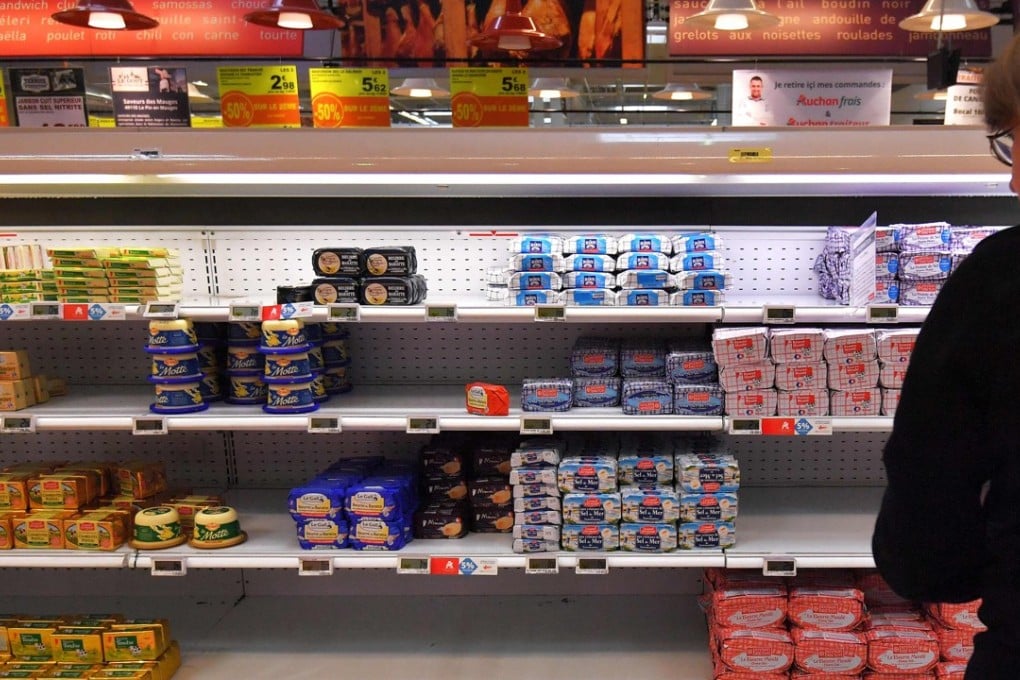Blowing Water | France’s butter crisis shows China is struggling to melt hearts on the world stage
Although China has growing appetite for foreign dairy products, the demand has not come from one country alone

“Don’t take our butter,” a French friend told me jokingly last week at breakfast.
I am visiting Normandy, one of two historically famous butter-producing regions in France; the other is Brittany.
China has been blamed for France’s butter shortage, with the average retail price of the spread going up by at least 35 per cent so far this year – in the country with the highest per capita rate of butter consumption.
I’m feeling the crisis first-hand as my host no longer serves butter lavishly along with bread. Now I only get foil-wrapped mini portions.
With insufficient European dairy production, worsened by some unscrupulous producers hoarding supply, as well as growing global demand, the butter shortage in France is not expected to end any time soon.
Although China has a growing appetite for foreign milk products the demand has not come from one country alone, but China seems to get blamed for many things.
